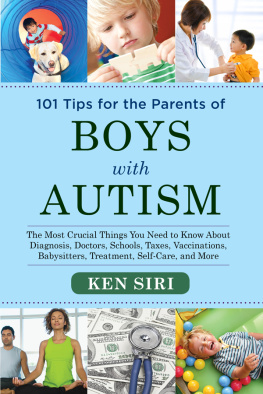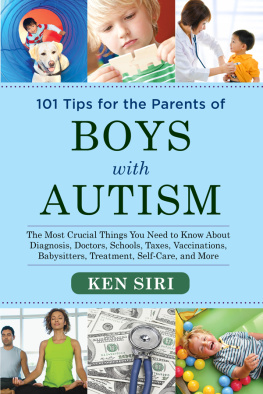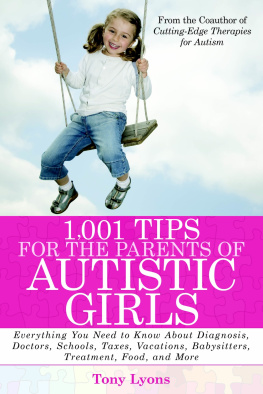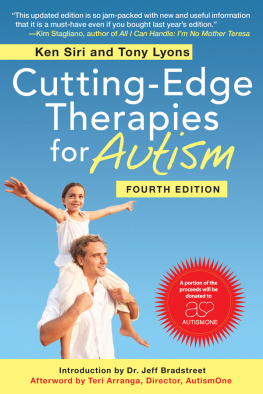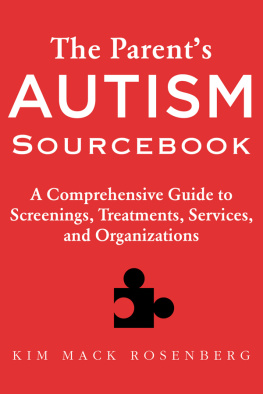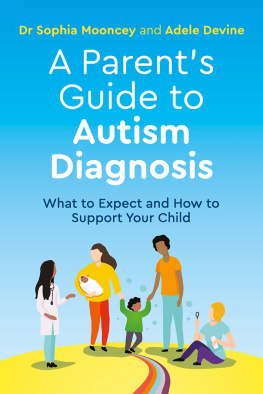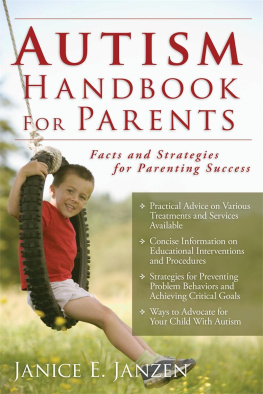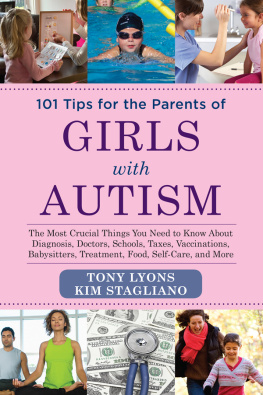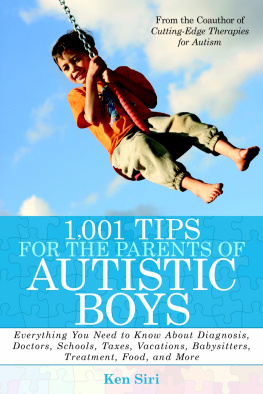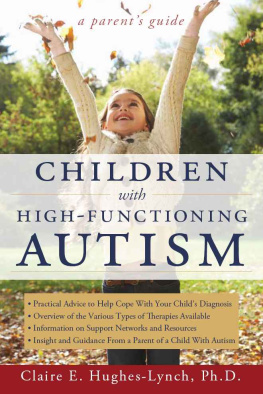Copyright 2015 by Ken Siri
All rights reserved. No part of this book may be reproduced in any manner without the express written consent of the publisher, except in the case of brief excerpts in critical reviews or articles. All inquiries should be addressed to Skyhorse Publishing, 307 West 36th Street, 11th Floor, New York, NY 10018.
Skyhorse Publishing books may be purchased in bulk at special discounts for sales promotion, corporate gifts, fund-raising, or educational purposes. Special editions can also be created to specifications. For details, contact the Special Sales Department, Skyhorse Publishing, 307 West 36th Street, 11th Floor, New York, NY 10018 or .
Skyhorse and Skyhorse Publishing are registered trademarks of Skyhorse Publishing, Inc., a Delaware corporation.
Visit our website at www.skyhorsepublishing.com.
10 9 8 7 6 5 4 3 2 1
Library of Congress Cataloging-in-Publication Data is available on file.
ISBN: 978-1-62914-507-5
Ebook ISBN: 978-1-62914-841-0
Printed in the United States of America
WARNING: The information contained herein is for informational purposes only. Neither the editor, nor the publisher, nor any other person or entity can take any medical or legal responsibility of having the information contained within 101 Tips for the Parents of Boys with Autism considered as a prescription for any person. Every child is different and parents need to consult with their own doctors, therapists, lawyers, financial advisors, or other professional to determine what is best for them and their child. Failure to do so can have disastrous consequences.
For my mother and father, who made all possible,
and
For all the parents out there working to improve the lives of their kids.
Contents
Introduction
Things in themselves are always neutral, it is our perception which makes them appear positive or negative.
Epictetus
I wrote this book to accomplish two missions, one, to educate myself on how best to manage the challenging life of a sole custody dad of a boy with autism, and second, to share what I learn and provide a short cut for those who follow.
Throughout the book I will comment on the Tips presented, which of course means that my experiences will guide my views. To that, I will share a bit of my background so you will understand these views.
I am a single, sole custody dad (for the last eight years) and caregiver for my son Alex, who is now sixteen years old. Alex and I live in Manhattan in a one-bedroom apartment. I used to work on Wall Street before I took full custody of Alex, but then transformed my life when he came to live with me in 2008. Since then I have started my own business, written books, spoken at conferences, become a board member for both the National Autism Association, New York Metro Chapter and The Atlas Foundation for Autism, and most importantly, positively shaped Alexs development.
Alex is presently non-verbal, communicating primarily with an iPad, has had autoimmune issues (ulcerative colitis), behavioral issues, and sensory issues. Alex currently attends public school in Manhattan, and previously attended a private autism school in Manhattan. He is improving physically, emotionally and mentally thanks to many of the tips herein.
Before we begin, I would like to share a couple of points that I have learned on this journey. First is to take ownership of all aspects of treatment, education, therapy, and organization and view yourself as a CEO. I am the CEO of Team Alex. To do this you will need to speak out and be prepared to fight for the rights of your child. The squeaky wheel gets oiled may not be fair, but that is the way to handle the many bureaucratic organizations and mindsets you will encounter.
Secondly is that to have the desired impact on your child and accept and acclimate to a life that one cannot be prepared for you will experience stress. Stress unimagined by those not in our autism universe. How much stress? There was a study done (several actually) where parents of children with autism were stress tested and compared to various professionsthe closest equivalent, combat soldier. Not just a soldier mind you, but one in combat. Basically we autism parents are under fire 24/7. Because of this I will dwell significantly on Self-Care and some of the best strategies, ideas, and thoughts that have helped me and the many amazing parents I have met on my journey.
As those of us who are connected to this community know, no two kids on the spectrum are the same in behaviors, challenges, or talents. To that I have included Tips from other friends in the autism community to round out or cover areas missing in my experiences with Alex. In addition, these folks have provided some really great advice that just needs to be shared, so I do.
Finally, many parents are either going through or have gone through what you are feeling right now. I hope this book will educate, aid, and most importantly remind you that you are not alone and that there is help out there. Let us begin.
Ken Siri
New York, NY
January 2015
Authors Note
T his book seeks to provide helpful tips, general information, and strategies to help families master autism. This book is not intended to provide specific medical advice; all therapies and treatments discussed are for informational purposes only. All medical treatments have the potential for harmful side effects so seek the advice of your doctor before beginning any biomedical treatments for your child.
Autism is a spectrum, and all children with autism are different. What works for one child may not work for another. For this reason, some of these Tips may appear contradictory. As a parent, your first job is to observe your child and learn to use your intuition, so you can develop the sense, which will guide you to the most helpful advice. Also, these are Tips, not rules; try them out and adopt what works for you and your child.
I have grouped the Tips for easy future reference and there is an Index at the end of the book to facilitate finding Tips by Keyword. In addition, I have highlighted KEY TIPS that have been the most useful to Alex and I, and that I believe most in the community can all benefit from. If you try anything, try the KEY TIPS.
Some Tips have come from other parents and caregivers, and I have kept the voice of the various contributors. In doing so, I realize that different terminology is used when describing children with autism (child with autism, autistic child, child on the spectrum, aspie, child with Aspergers, high-functioning, more-able, etc.). Just remember the saying, If youve seen one child with autism, youve seen one child with autism.
C HAPTER 1
Diet
diet
noun
. the kinds of food that a person, animal, or community habitually eats: a vegetarian diet | a specialist in diet .
a regular occupation or series of activities in which one participates: a healthy diet of classical music .
a special course of food to which one restricts oneself, either to lose weight or for medical reasons: Im going on a diet .
The Gut/Brain Connection
Before getting into the Tips for dietary interventions, I believe it important to state the why behind taking on the challenge in the first place. Of course, all of us could benefit from a cleaner, healthier diet. But more specific to the autism population is the gut/brain connection. Recently, research has been able to shed light on the importance of this connection and how our western diet and toxins may be responsible for alarming increases in various autoimmune and brain related conditions. The following is a piece I wrote which will help answer the why behind the importance of Dietary Interventions.

